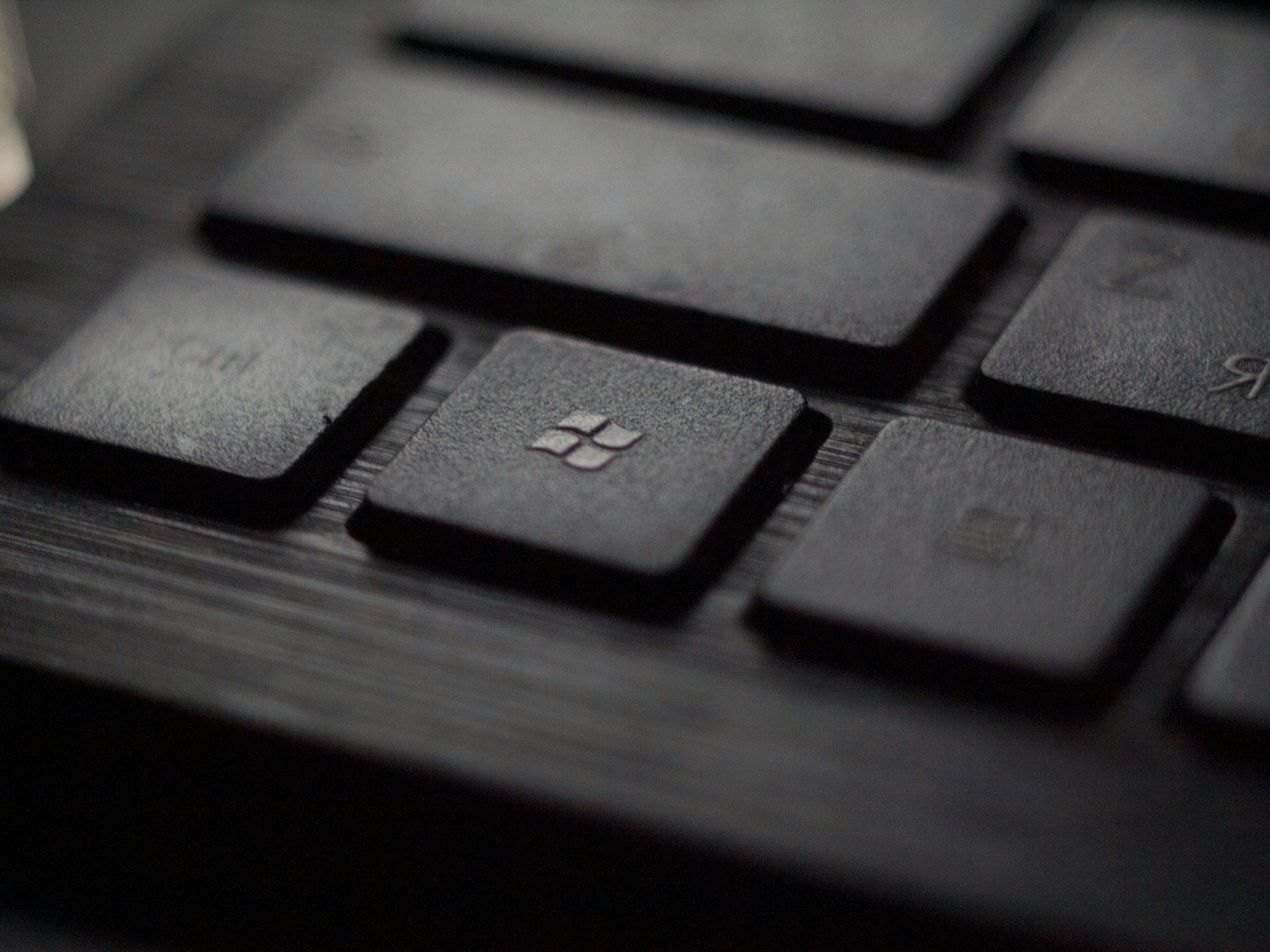Microsoft’s recent announcement marks a significant milestone. By October 2025, the tech giant will cease full security support for Windows 10, an operating system that has become a cornerstone in computing for millions globally. This move, while signaling a push towards more advanced systems like Windows 11, also raises critical concerns about sustainability and the environmental impact of technology.
Windows 10, known for its versatility and widespread adoption, currently runs on approximately 240 million PCs worldwide. The end of support for this platform means these devices may no longer receive crucial security updates, leaving them vulnerable to cyber threats. More alarmingly, the hardware requirements for Windows 11, Microsoft’s latest operating system, are stringent. Older computers, especially those lacking the latest processors or the Trusted Platform Module 2.0, may not qualify for the upgrade. This hardware incompatibility poses a significant challenge, potentially rendering a vast number of devices obsolete.
The environmental ramifications of this technological transition are profound. The US Public Interest Research Group (PIRG) has expressed concerns about the potential rise in electronic waste, with millions of computers becoming redundant. The group emphasizes the urgency of addressing the disposability culture in technology, suggesting that Microsoft’s decision could lead to an increase in electronic waste, further straining our planet’s resources.
In response to these concerns, Microsoft has proposed an Extended Security Update (ESU) program. This initiative offers users, especially those in educational and public sector organizations, an option to extend support for their Windows 10 devices for an additional three years. However, this extension comes with a cost, and many speculate that the expense might not justify the benefits for all users. As a result, a significant number of individuals and organizations might opt for newer, Windows 11-compatible machines, inadvertently contributing to the growing e-waste challenge.
Environmentalists and sustainability advocates are closely watching these developments. While there is recognition that parts of these PCs, like hard drives and batteries, can be recycled, the sheer volume of potential waste is daunting. The situation calls for a balanced approach, considering both technological advancement and environmental responsibility.
As October 2025 approaches, the global community is at a crossroads. The shift from Windows 10 to more modern systems is inevitable, but it must be managed thoughtfully, with a keen eye on the environmental impact. This situation highlights the need for sustainable practices in technology development and disposal, ensuring that progress does not come at the expense of our planet.
































































